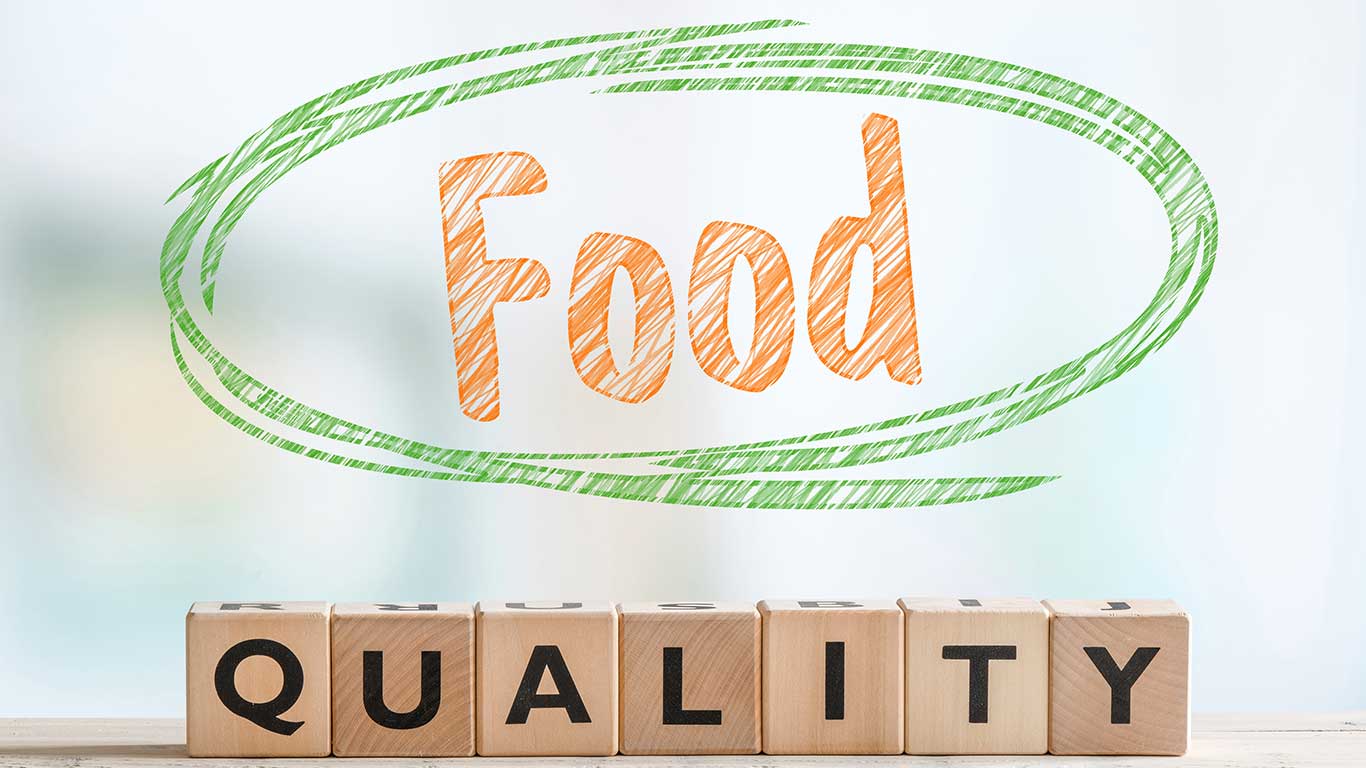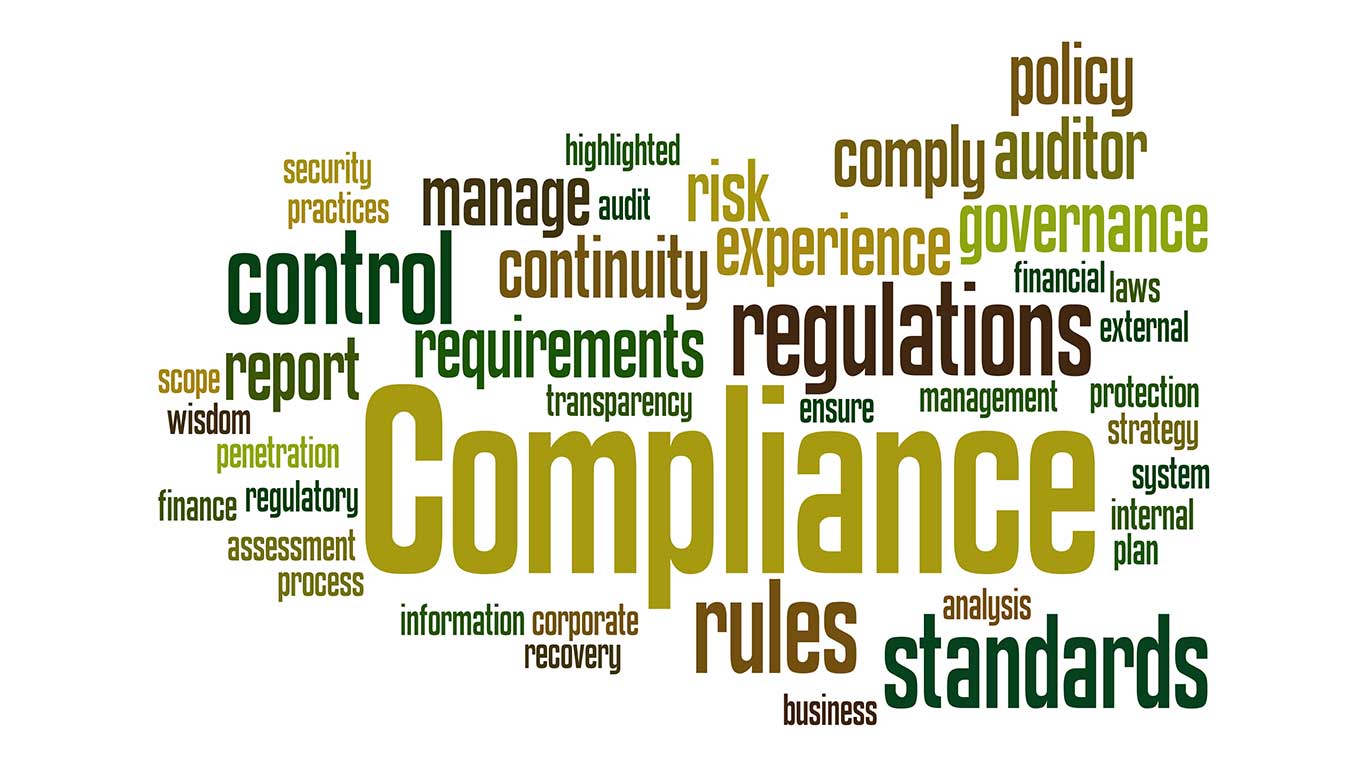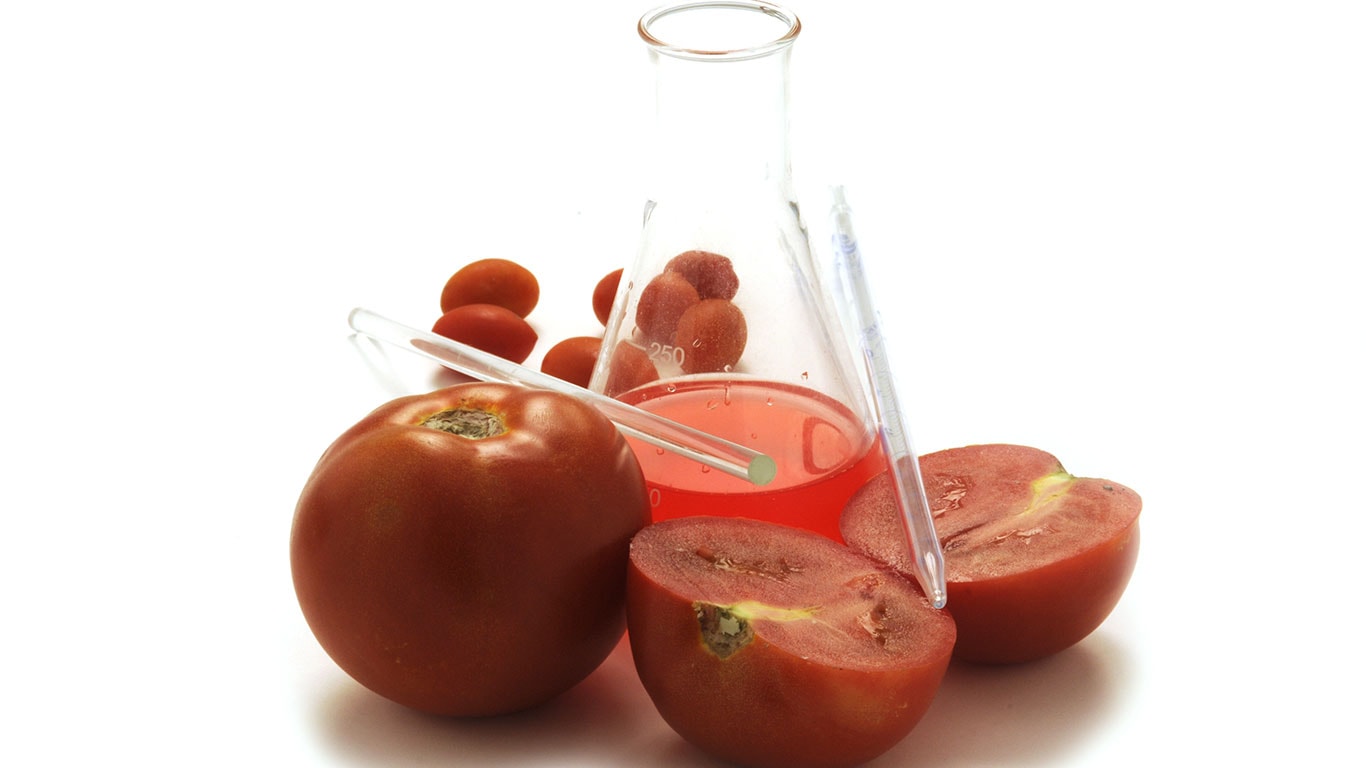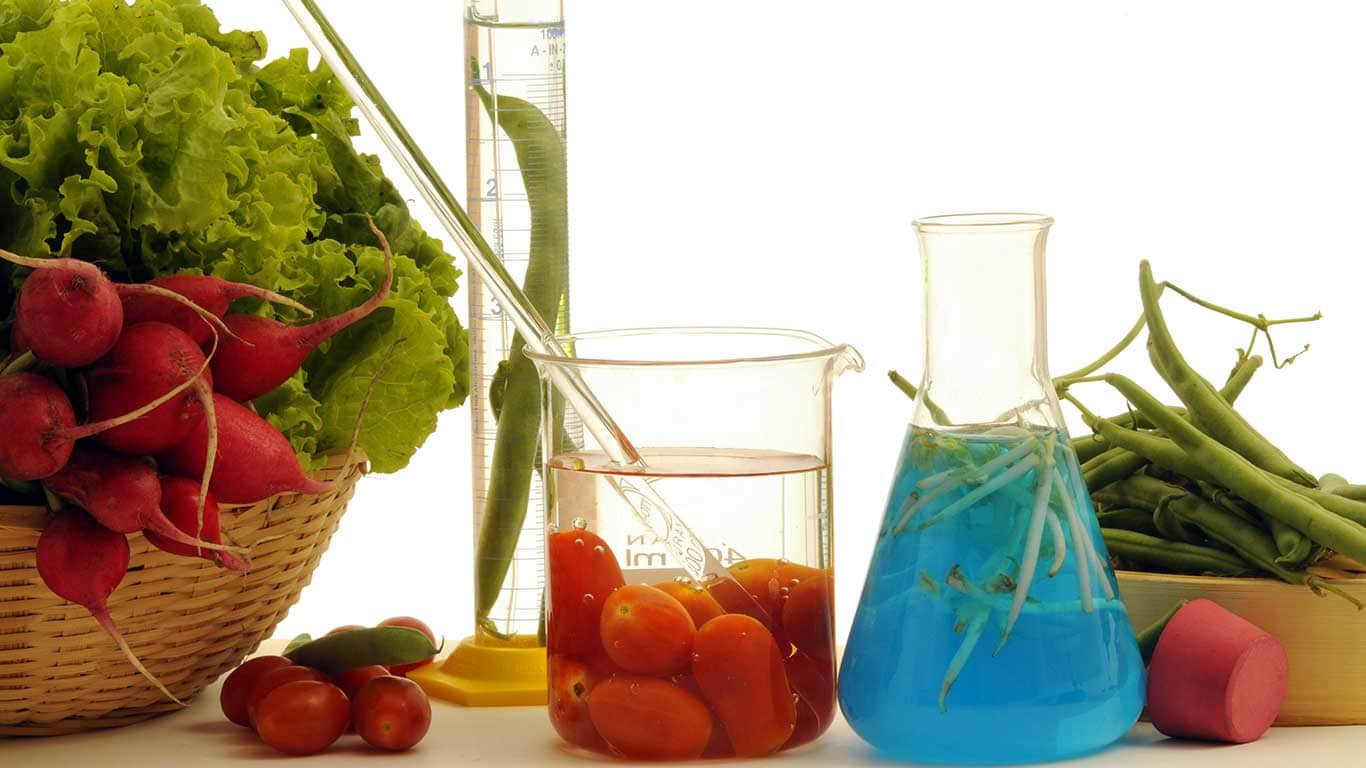Finding harmony in food quality & safety
Establishing a balance between food safety and food quality can be quite the feat in the Food & Beverage industry. Food safety and quality are not just dependent on the food producers, because there are multiple players who contribute to these aspects – from consumers, to regulatory agencies, to grocery stores.
End-user preparation is a challenge where many consumers create a hazardous environment while thawing or cooking their food. But it’s not always about end-use prep – food safety also includes contamination and cross-contamination issues, like accidental allergen spills that impact people who have severe or life-threatening allergies, and even the mislabeling of products as organic – all of these challenges fall into the food safety-food quality basket.
These days, as the consumer market continues to make conscious efforts to understand and be knowledgeable about the food they consume, transparency for food safety is important now more than ever. To keep up with these demands, food manufacturers and sellers must strive for comprehensive labeling and management processes that will produce the safety and quality that the industry needs.
Organics & Non-compliance
In the more recent years, attraction towards organic growing and buying has increased. Consumers generally regard organic food positively, arguing that its lack of synthetic pesticides, fertilizers, and GMOs, and its higher protection to animal welfare makes organic food the healthier and better choice. While this may be true in some cases – and only some, because scientists are still unsure if it is better in nutritional cases – there is still greater demand for organic food in the consumer market.
Free E-Book
Regulations, Speed-to-Market and Innovation: How to stay compliant and competetive in an ever-changing market place.
More interestingly, this rise in sales and consumption of organic foods has created a gap in compliance. There is no specific global regulatory body that claims responsibility for import controls or specific organic designation for these products.
Food Law Latest, an independent advice and training organization that specializes in global food law, the labeling of food products, risks for food safety and legalities surrounding the advertising of food products, reported that in Belgium, the enforcement of compliance with regulatory standards is quite “weak, in particular in cases of severe and recurrent irregularities,” which often go unreported. This behavior is not exceptional to Belgium, as non-compliance and food fraud has been cited across the world.
Hazards in the consumer home
Reports conducted jointly between the World Health Organization and the Food and Agricultural Organization of the United Nations provided recommendations to review and establish acceptable levels of risk for foods, to ensure a global understanding of food quality versus food safety hazards.
The organizations found that the main challenge is cross-contamination consumption, as determined by samplings of formula-based prepared foods. These challenges can be corrected in the production process, so long as manufacturers are taking the necessary measures to track and clean food trails in production factories.
However, many elements of research focus on what consumers can do to protect themselves, where food prep is one of the major concerns. Unfortunately, there is little that food manufacturers can do to impact hazards of this nature, because food prep concerns how consumers handle their food at home – with everything from storing it in the proper conditions to cleaning it to putting it on the fire for cooking. Beyond comprehensive labeling that educates consumers on how their behavior contributes to food safety and a lower risk of foodborne illnesses, food prep safety is out of the manufacturer’s hands.
Safety or Quality? Let’s have both.
Thankfully, there is a way to combat the inconsistencies and struggles with food safety. The implementation of a comprehensive, end-to-end PLM process solution delivers peace of mind for food producers who seek to ensure product quality, regulatory compliance, transparency, and traceability for workflows – from research and development to pantry shelf.
With PLM, producers can track raw materials, semi-finished, or finished products from any point in the formula-based food development cycle. This is crucial to reduce cross contamination or product recall, and imperative for food safety and food quality control.
Innovative PLM process solutions, like SpecPDM, deliver opportunities for new product development that simply are not possible without a secure, transparent data management system. Efficiency and the elimination of errors in product data management determines product quality and global regulatory compliance. Ultimately, the solutions of SpecPDM will ensure that corporations can achieve product quality and safety, so that consumers are protected and satisfied by the food they bring home.




